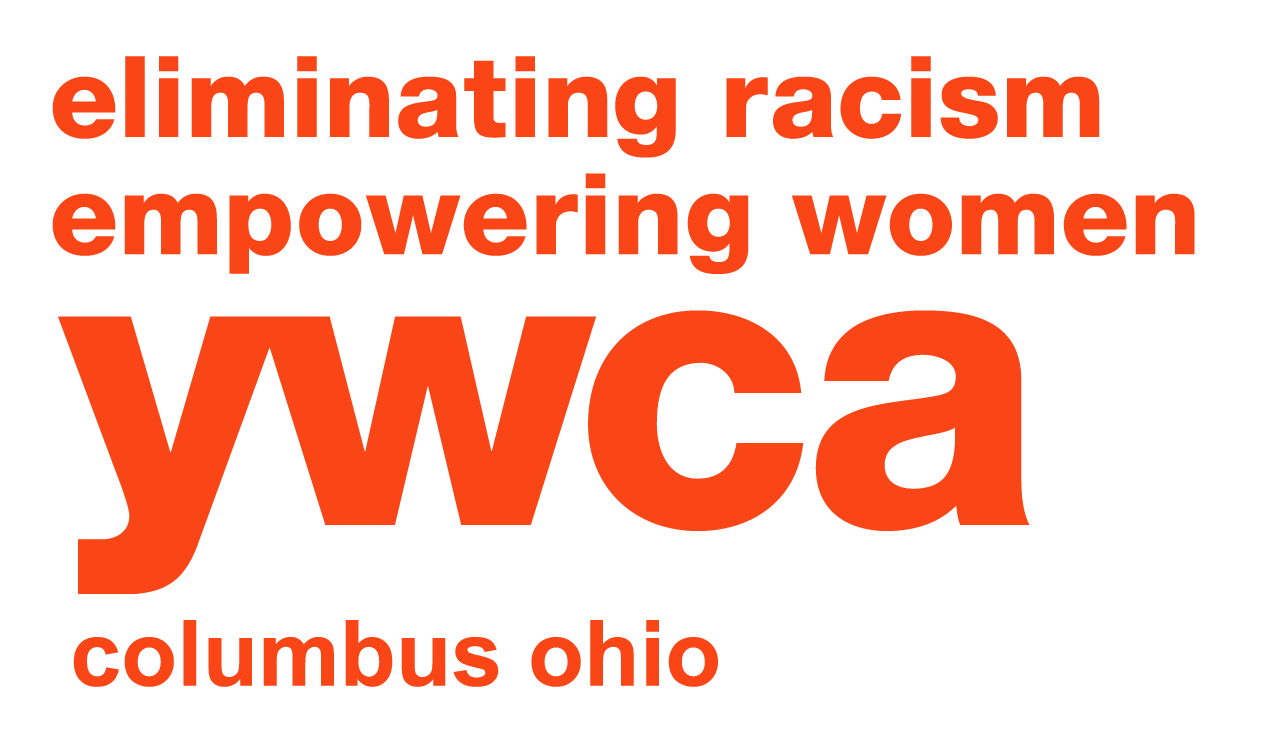Restorative Practices 101
This training explores the fundamentals of restorative practices: a process of centering community, fostering an environment of mutual respect, and responding to instances of harm.
Through exercises and discussion, you will deepen your understanding of how restorative practices can benefit relationships across your organization, personally and professionally.
You’ll also learn to incorporate restorative approaches into your organization’s internal and external operations and interactions, and how to center accountability in efforts to repair harm and prevent harm from reoccurring.
This training guides you along the path of creating a restorative workplace that builds trust, community, and empathy.
Who this training is for: Human Resources professionals, DE&I professionals, leadership teams, employee resource groups, board members, agency service providers, and educators who want to learn restorative ways to build community, and prevent and repair harm.
-

Individual Learner
Designed for one person for self-paced learning.
Package Includes:
- 50 min Training Video* (includes exercise)
- Individual Companion Guide
- Resource Guide
Terminology: Adopting affective language to help people take responsibility, connect with how they are feeling, reinforce positive behavior and draw attention to positive impact
Key concepts:
Restorative Practices Continuum: An array of approaches, ranging from informal to formal, that focus on fostering a community of trust and mutual respect
Social Discipline: An inclusive framework that describes basic approaches to
accountability, and offers alternatives to punitive responsesResponsibility & Accountability: What it means to “do the right thing” in an everchanging society
Reducing & Repairing Harm: How to respond restoratively when repairing harm
Practice: Actions, tools, and strategies to minimize harm through repair and prevention
Resource guide: More information, recommendations, and concrete actions to continue your journey toward social justice
If you are interested in a facilitated conversation with a large group, please fill out our interest form so we can learn more about your needs. A member of our Justice, Equity & Belonging team will be in touch.
YWCA Columbus also offers facilitated team discussions on implicit bias, identity, privilege and intersectionality, microaggressions, and more.
What’s included:
“Phyl and Danielle's training was transformative. A staff member contacted me and shared how she used the material to have a challenging conversation with her supervisor, which made for a very productive meeting.”
– Restorative Practices 101 participant, April 2024
If you have any questions, please contact:
-

Phyl Flanagan
Justice, Equity & Belonging Program Manager
614.627.1216 -

Danielle Boyd
Justice, Equity & Belonging Program Manager
614.627.1206
